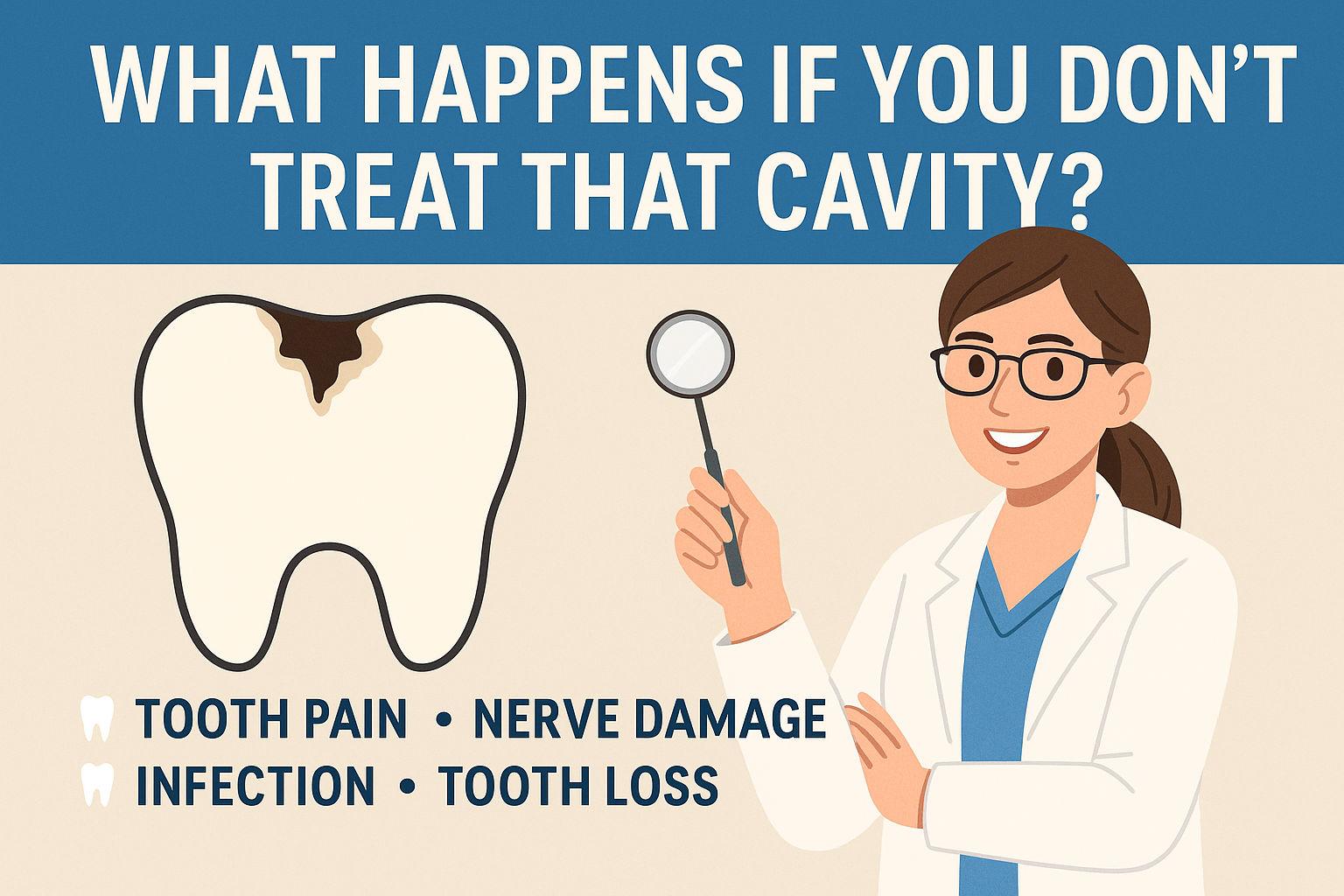You are surely aware by now that proper care of your teeth has strong connections with problems like tooth decay, bad breath, and gum disease, but you might not be aware that your daily oral hygiene routines might have more serious implications. In our Orem dental office, we practice evidence-based dentistry—that is, we perform treatment and make recommendations to our patients based on actual scientific evidence and not just because of tradition or prevailing opinion. If you visit our office you’ll quickly realize that we place great emphasis on daily hygiene habits and preventing dental disease. Here’s one of the reasons why:

The last ten years or so have been very fruitful for those who research connections between oral health and systemic health. One such connection that has been found is between gum inflammation and Alzheimer’s disease. In 2010 New York University researchers found a connection between these two seemingly unrelated conditions. NYU researchers looked at 20 years of data from an aging study. They compared cognitive function at ages 50 and 70 and found that gum disease was a factor strongly associated with decreased cognitive abilities. In fact, the participants of the aging study were nine times more likely to have a bad score on cognitive tests if they had gum disease! The NYU researchers also took into account factors like obesity, cigarette smoking, tooth loss unrelated to gum problems and gum inflammation still stood out as a strong factor in the presence of decreased cognitive ability.
In 2013 British researchers built on NYU’s study. They looked at brain samples from ten living patients who had Alzheimer’s Disease and compared them with ten brain samples of living patients who did not have the disease. In each Alzheimer’s brain sample they found Porphyromonas gingivalis – one of the three main bacterial strains responsible for gum disease – to be present. The bacterial strain was absent in each of the non-Alzheimer’s samples.
The British team didn’t stop there. After finding P. gingivalis in human Alzheimer’s brains, they then sought to find how it got there. In an elegant 2014 study involving mouse brains and gum disease, they found that p. gingivalis is a very mobile strain of bacteria that has two main routes to the brain. P. gingivalis can get to the brain by crawling up the nerves that connect the teeth and the brain or they can attach themselves to red blood cells and travel to the brain through the circulatory system. Once in the brain, this nasty bacteria pretty much goes crazy and damages neurons, including those related to memory. The mouse study also firmly established a causality relationship between gum disease and Alzheimer’s disease. Any thinking that causality was ambiguous in this relationship was silenced when the British team showed that P. gingivalis placed in the mouths of mice does not travel to the brain until gum disease becomes established first. Gum disease is indeed a cause of Alzheimer’s Disease.
So what are the take-home messages you should understand from all of this research that has been done?
- Not brushing and flossing can lead to some pretty serious consequences later in life. It’s always the small things in life that end up becoming the most important things.
- The health of your brain and the health of your mouth are very much connected.
- Each day we learn more about how the mouth is connected to the entire body.
- How much is avoiding Alzheimer’s disease worth to you? Is it worth a few minutes of attention to your mouth each day?
http://www.medicalnewstoday.com/articles/264164.php
-Nicolas K. Young, DMD









